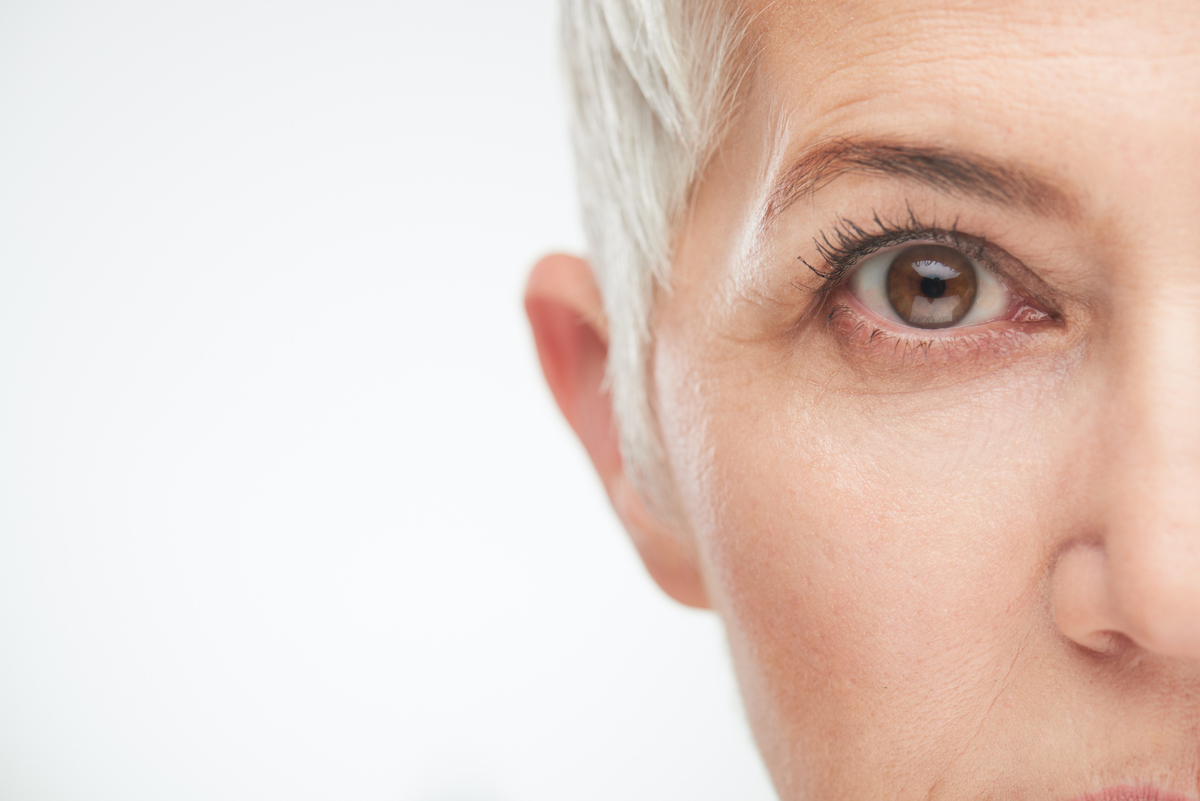It’s just a relatively small patch of skin we’re hiding under the face masks required during the COVID-19 pandemic, but keeping it covered for long periods and recapturing the moist air we exhale against it all day can cause a variety of skin problems.
“The masks are a great way to protect ourselves and others from COVID-19 and are recommended by the Centers for Disease Control, but they can cause repetitive friction and redirect your own airflow against the face. Each time we inhale and exhale, moisture accumulates and the mask traps it against the skin of the face,” said Dr. Girish Mohan of the Hartford HealthCare Center for Dermatology.
This, he added, can lead to acne flares and skin that can get dry, itchy, red and start to peel. Also, the cloth rubbing against the skin can irritate.
Having a consistent skin care routine can help to prevent problems from arising. Dr. Mohan suggests all mask wearers maintain this daily skin care regimen all mask-wearers at home to soothe the skin:
- Use a gentle, fragrance-free cleanser to keep the skin clean, and remove oil, dirt, bacteria and irritants.
- After cleansing, protect the skin barrier with daily use of a gentle fragrance-free facial moisturizer. In areas of high pressure such as behind the ear (often under pressure from the straps), you can use something more heavy duty such as a barrier cream containing zinc or petroleum jelly.
- Consider avoiding makeup in areas covered by the mask, as the cosmetic components can act as an additional irritant and flare up the skin under pressure from the mask
Despite this, problems can arise from prolonged mask-wearing.
Dr. Mohan’s suggested solutions:
Dry skin: Some masks can actually absorb the natural moisture on your face, drying out skin in the area. Try applying a more heavy-duty moisturizing cream that contains ceramides to rehydrate the skin. Ceramides can help restore the skin barrier that is disrupted in dry skin. Beware of moisturizers that contain high levels of ethanol, as that can worsen dry skin.
Dermatitis: Some mask-wearers can experience a rash called contact dermatitis, which can be an irritant or allergic reaction to the mask itself. Symptoms include an itchy rash, along with dry or scaly skin, bumps and blisters, and/or swelling and burning. You can try switching the type of mask you use, and may even need a short course of a topical cortisone (you can try over-the-counter hydrocortisone 1 percent) to treat the rash, along with a heavy-duty moisturizer. If the dermatitis doesn’t seem to be responding, you may need stronger prescription medications.
Acne: If you’re prone to breakouts, you may experience an increase while wearing masks, which can trap acne-causing bacteria and sebum on the skin, leading to whiteheads, blackheads and inflammatory acne. You can try adding over-the-counter benzoyl, peroxide-containing acne washes or salicyclic acid-containing acne washes to your regimen, as well as other topicals with active ingredients such as niacinamide or adapalene to help treat and prevent flares of acne. Make sure all products you are using are labeled “non-comedogenic” so that your pores are not clogged by them.
Rosacea: Heat and sweating can be triggers for this skin condition, which is characterized by redness, enlarged blood vessels and firm or fluid-filled bumps, most commonly on the cheeks and chin. As wearing a mask hikes the temperature of the skin and increases sweating, rosacea-prone skin may flare. A dermatologist can prescribe a variety of medications to treat rosacea, but you can try cooling the face by taking the mask off as often as possible. It’s also important to make sure to avoid other known irritants such as products with fragrance or alcohol.
Sensitive spots: The repeated rubbing of the mask on your nose and ears can cause tenderness over time. Again, you can take the mask off whenever possible, and even change the type of facial covering you use. Bandanas can be tied at the back of your head instead of using elastic loops around your ears. You can also find plastic handles to attach the loops of the masks, minimizing pressure on the ears. Protecting the skin from repeat friction and pressure by using over-the-counter barrier creams such as zinc oxide or petroleum jelly, or even a dressing such as Duoderm can help to alleviate pain in these tender spots.
For more help with dermatologic issues, click here for a consultation with a board-certified dermatologist.
Need to see your doctor? New Patient? For more information about Hartford HealthCare virtual health visits, click here.
Click here to schedule a virtual visit with a Hartford HealthCare-GoHealth Urgent care doctor. Find out more about COVID-19 antibody tests here.
Sign up for our “Coping with COVID” podcast series here.
Stay with Hartford HealthCare for everything you need to know about the coronavirus threat. Click here for information updated daily.
Questions? Call our 24-hour hotline (860.972.8100 or, toll-free, 833.621.0600).
Get text alerts by texting 31996 with COVID19 in the message field.

